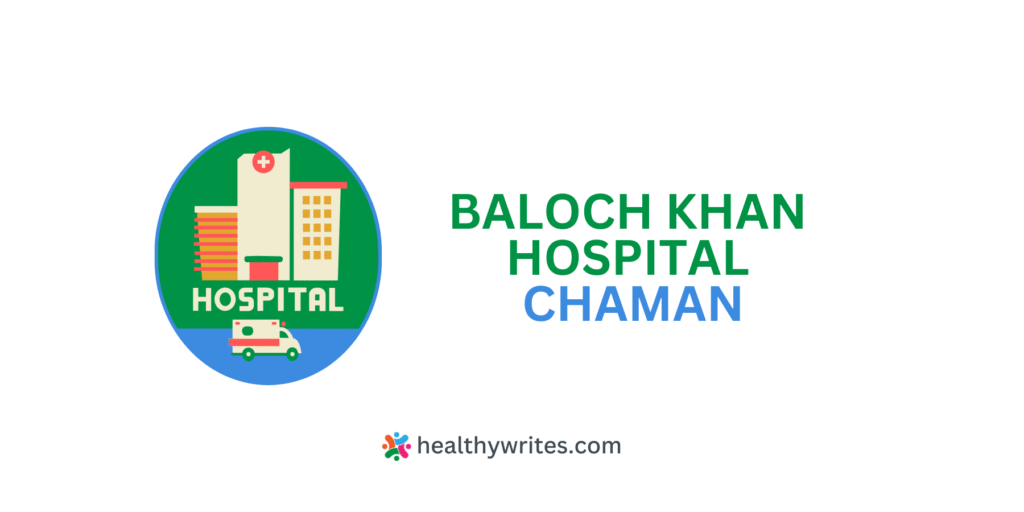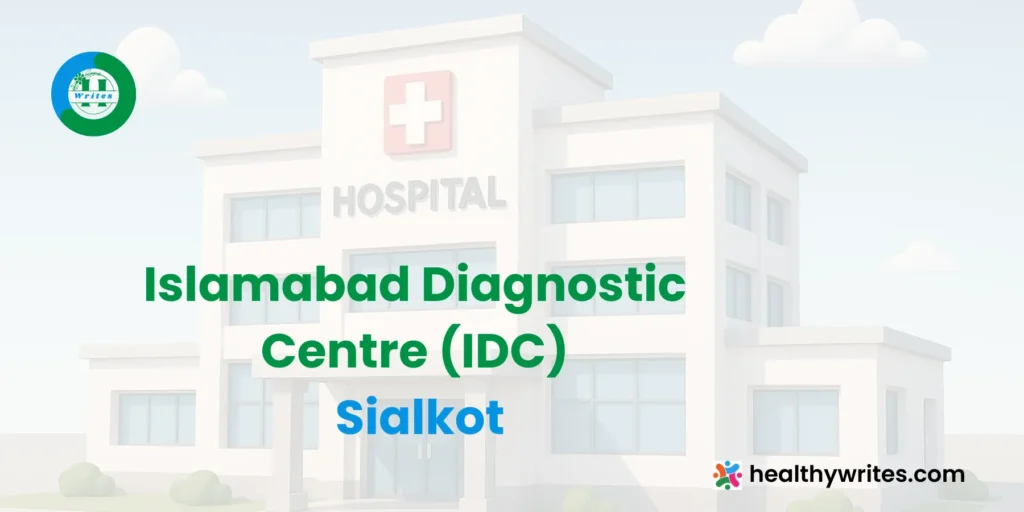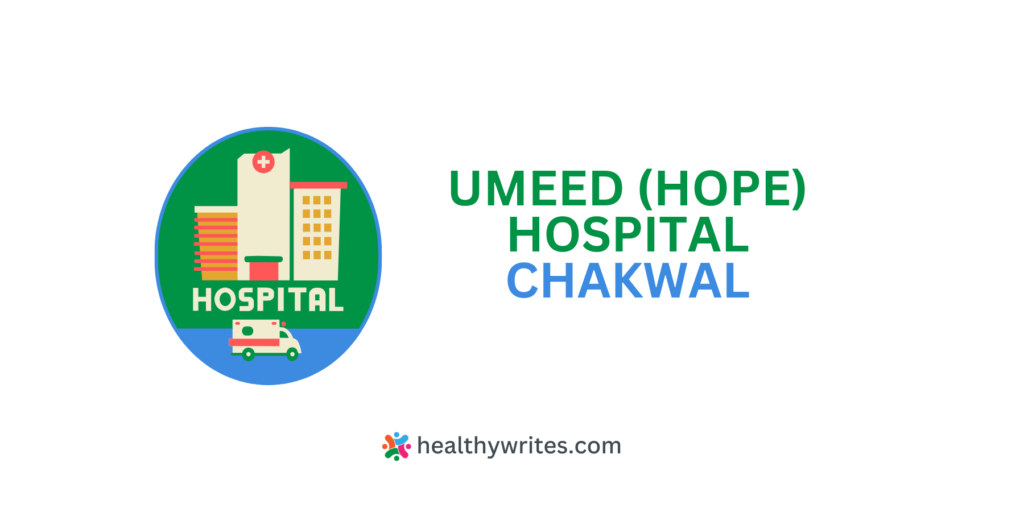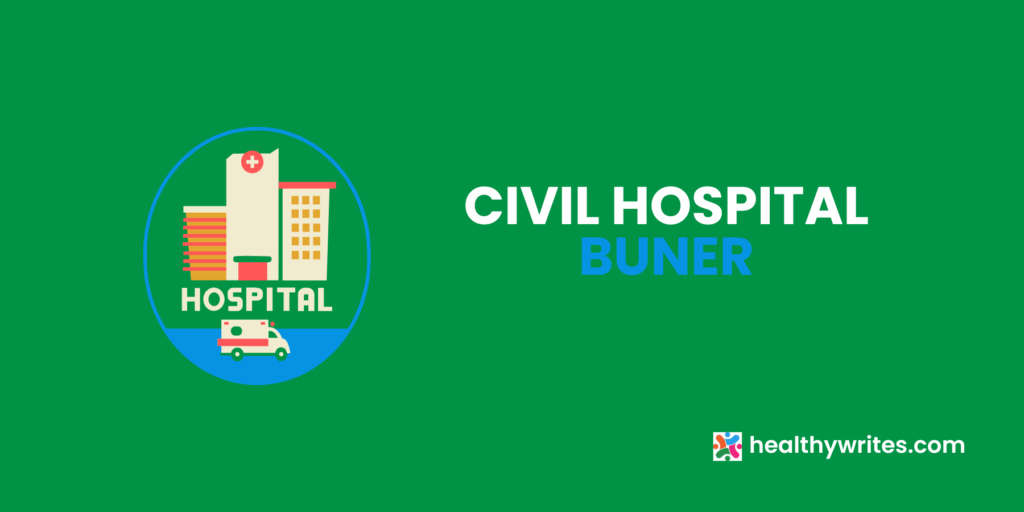Baloch Khan Hospital, located in the heart of Chaman, Balochistan, is a key healthcare institution dedicated to serving the residents of Chaman city, nearby rural areas, and even cross-border patients from Afghanistan. As Chaman is a bustling border town known for its trade and transit activities, the hospital has become an essential medical center for a diverse range of patients, from locals to travelers and refugees.
Founding Purpose & Community Role
The hospital was established to fill a crucial healthcare gap in the region, where specialized and emergency care options were historically limited. Over the years, it has grown into a trusted healthcare provider, offering primary, secondary, and some specialized services. It acts as a first line of defense against local disease outbreaks and emergencies and significantly reduces the need for residents to travel long distances to Quetta or other larger cities for treatment.
Departments & Specialized Services
Baloch Khan Hospital provides a comprehensive range of departments and services, making it an important regional health facility:
- Emergency Department: Fully functional 24/7, this unit handles road traffic accidents, trauma cases, critical medical emergencies, and urgent surgical conditions.
- Outpatient Department (OPD): Patients visit for consultations, follow-ups, and preventive care, with daily clinics across multiple specialties.
- Inpatient Services: Includes male, female, and pediatric wards for patients requiring hospitalization.
- General Surgery: Conducts common surgical procedures, both elective and emergency, with trained surgeons supported by operation theaters.
- Gynecology & Obstetrics: Focused on antenatal checkups, safe deliveries, and management of pregnancy-related complications.
- Pediatrics: Provides routine child healthcare, immunizations, and treatment for childhood illnesses.
- Radiology: Equipped with X-ray and ultrasound machines for diagnostic imaging.
- Pathology Laboratory: Conducts basic laboratory tests, including blood work, urine tests, and other routine diagnostics.
- Pharmacy: Dispenses essential medications prescribed by the hospital’s doctors to admitted and outpatient cases.
Facilities & Infrastructure
The hospital is structured to provide comfort and safety to patients. Key features include:
- Separate wards for men, women, and children to ensure privacy and targeted care.
- Dedicated maternity unit designed to handle normal and complicated deliveries.
- Minor and major operation theaters with sterilization protocols for safe surgical practices.
- Waiting areas and seating arrangements for attendants accompanying patients.
- Basic ambulance service to facilitate patient transfers, particularly in emergencies.
Community Impact
Baloch Khan Hospital’s presence has been transformative for the community, particularly for marginalized groups who previously lacked access to organized healthcare. By providing free or affordable treatment to low-income families, the hospital contributes directly to improving public health indicators in Chaman. Its emergency services have saved countless lives, especially in a town known for its busy roads and occasional security challenges.
Public Health & Outreach Efforts
Beyond hospital walls, the staff occasionally participates in local health awareness initiatives, including maternal health seminars, vaccination campaigns, and hygiene education programs. These efforts aim to reduce preventable diseases and promote healthy lifestyles within the community.
Challenges Faced
Despite its importance, the hospital faces several challenges common in regional healthcare facilities:
- Limited advanced medical equipment and specialized diagnostic tools.
- Shortage of specialist doctors and trained nurses for certain departments.
- High patient influx, especially during seasonal outbreaks or emergencies.
- Occasional interruptions in medical supply chains due to location and border logistics.
However, the hospital management and staff continue to adapt creatively, prioritizing critical care and working closely with local health authorities to improve services gradually.
Future Vision
Baloch Khan Hospital aims to expand its capacity by adding more specialized departments, enhancing laboratory and imaging facilities, and introducing digital health systems to streamline patient records. Training programs for staff are also envisioned to keep up with modern treatment standards and techniques.
Frequently Asked Questions (FAQs)
Is Baloch Khan Hospital, Chaman open 24 hours?
Yes, the Emergency Department operates 24/7, ensuring patients receive urgent medical attention at any hour, while other services like OPD and specialized clinics usually work during standard daytime hours.
Does the hospital offer childbirth services?
Yes, the Gynecology & Obstetrics unit is equipped to handle antenatal checkups, normal deliveries, and some obstetric emergencies to support maternal and newborn health.
Can children and newborns get treatment here?
Absolutely. The Pediatrics department offers routine child care, vaccination guidance, and treatment of various pediatric conditions.
Do Afghan patients also receive treatment at Baloch Khan Hospital?
Yes. Due to Chaman’s location at the Pakistan-Afghanistan border, Afghan patients are regularly treated alongside local residents, reflecting the hospital’s commitment to healthcare without discrimination.
Are there laboratory and diagnostic imaging services?
Yes, the hospital provides essential lab tests and imaging like X-rays and ultrasounds to help diagnose and manage patient conditions.
What if a patient needs specialized care not available at the hospital?
In such cases, patients are stabilized and referred to larger tertiary hospitals in Quetta or other cities, ensuring continuity of care.
Conclusion
Baloch Khan Hospital, Chaman, stands as a critical part of the healthcare system in northern Balochistan. While it faces resource and infrastructure challenges typical of regional hospitals, its dedicated staff, emergency readiness, and commitment to community health have made it a trusted institution for thousands of patients each year. Continued development and support can further strengthen its role in serving both local and cross-border communities.





